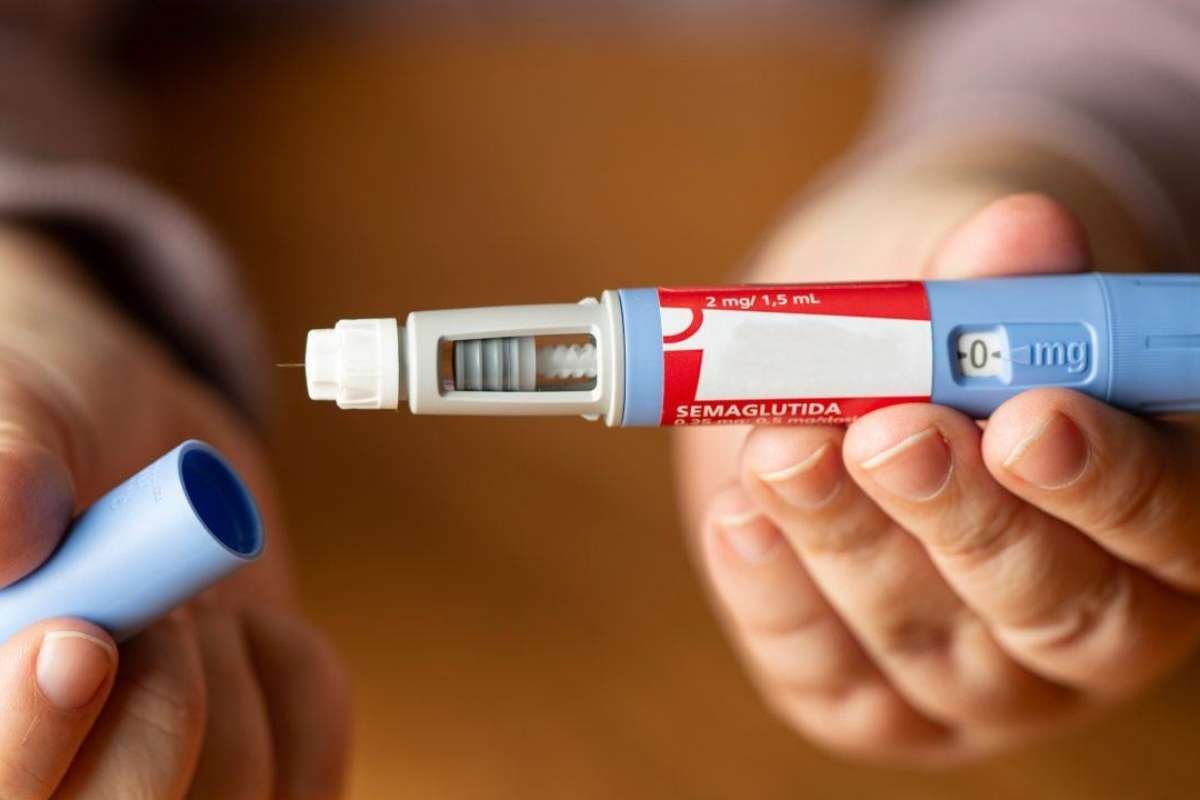Yogurt and Its Possible Risk of Colorectal Cancer-Fighting Benefits
Yogurt containing live bacteria is believed to support overall health and may even protect against certain types of cancer. While researchers have yet to determine exactly how it works, some experts suggest that yogurt’s positive effects on the gut microbiome could play a role. A new study, published in the journal Gut Microbes, suggests that regularly consuming live yogurt may help lower the risk of developing specific types of colorectal cancer.
The study, led by researchers from Mass General Brigham, found that individuals who ate at least two servings of live yogurt per week had a 20% lower risk of developing colorectal tumors that tested positive for Bifidobacterium, a beneficial gut bacterium. Dr. Gemma Balmer-Kemp from Cancer Research UK noted that the findings highlight the potential health benefits of yogurt containing live bacteria. However, she emphasized the need for further research to determine whether Bifidobacterium plays a direct role in preventing colorectal cancer or if other factors are involved.
Probiotics, Gut Health, and Cancer Prevention
Risk of Colorectal Cancer is one of the most common cancers worldwide, accounting for over 10% of all cancer diagnoses, according to the World Health Organization (WHO). Lifestyle factors, such as poor diet, lack of exercise, smoking, and excessive alcohol consumption, are known to increase the risk. On the other hand, consuming a high-fiber diet rich in fruits, vegetables, whole grains, and dairy products has been linked to a lower risk of colorectal cancer.
Yogurt contains probiotics—beneficial bacteria that support gut health. Among these, Bifidobacterium has gained attention for its ability to produce short-chain fatty acids (SCFAs) with antioxidant, anti-inflammatory, and immune-boosting properties. These factors may contribute to lowering the risk of certain types of cancer.
To investigate yogurt’s impact on colorectal cancer, researchers analyzed data from two long-term studies tracking the health and dietary habits of more than 150,000 healthcare professionals. Of the 3,079 individuals who developed colorectal cancer, tissue samples from 1,121 were analyzed for the presence of Bifidobacterium. The findings showed that individuals who consumed yogurt regularly had a lower occurrence of tumors containing this bacterium.
Should You Add Yogurt to Your Diet?
While this study suggests an association between yogurt consumption and a lower risk of certain colorectal tumors, experts caution that more research is needed to confirm a direct cause-and-effect relationship. However, including live yogurt in a balanced diet may still offer numerous health benefits.
Natural, live yogurts provide essential nutrients such as calcium, protein, and vitamins, along with probiotics that support digestive health and strengthen the immune system. However, not all yogurts are equally beneficial—many flavored yogurts contain added sugars and preservatives that may reduce their health value.
For those looking to improve gut health, other probiotic-rich foods, such as kefir, kimchi, miso, and sauerkraut, may also provide similar benefits. While there is no specific guideline on yogurt consumption, experts suggest that eating a serving a few times a week or even daily could contribute to better gut health and potentially reduce cancer risk.










